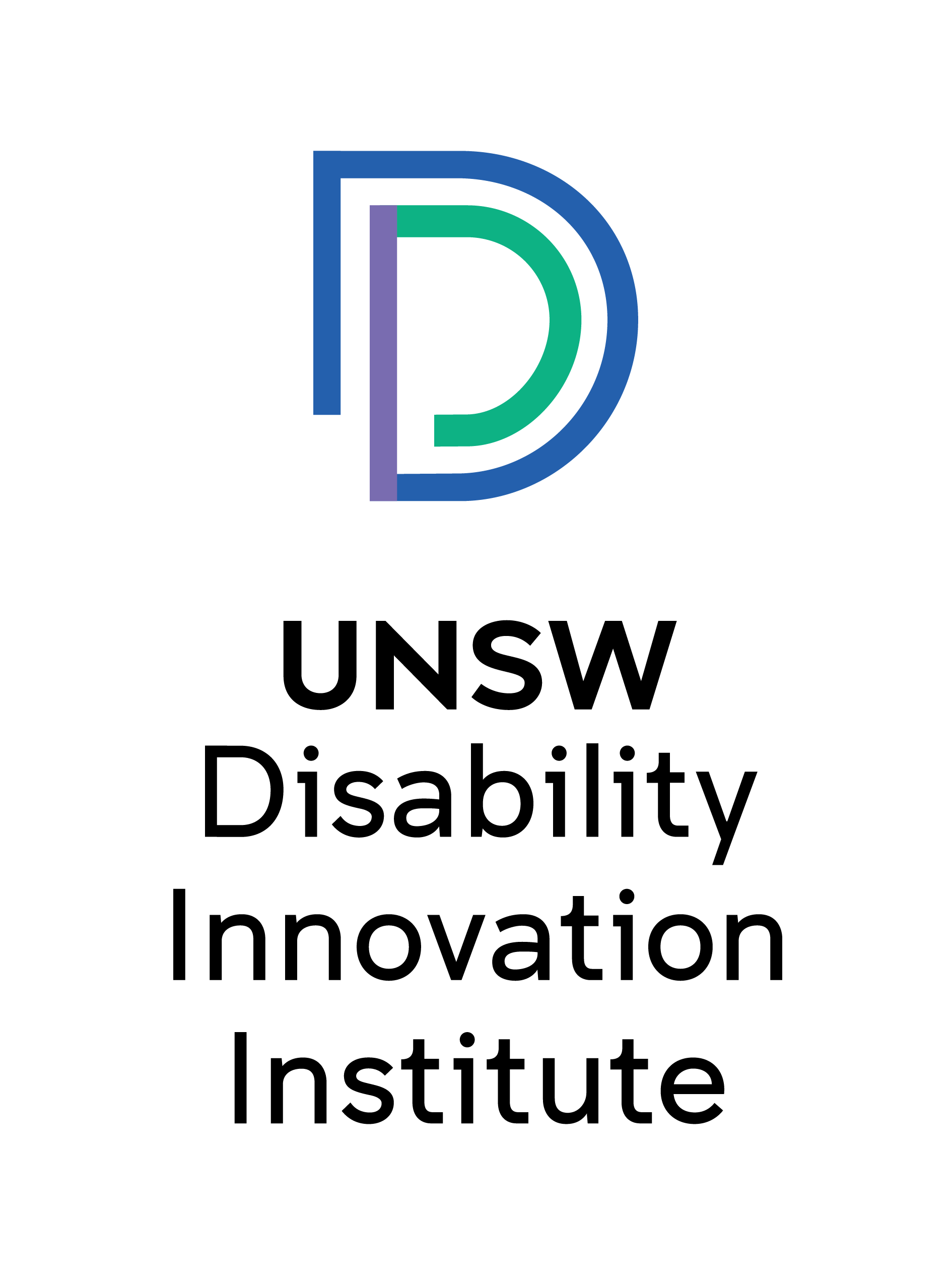A Past Still Present: Disability discrimination and eugenics from the Nazi Third Reich to COVID-19
‘Does the Nazi persecution and murder of people with disability in the mid-twentieth century continue to echo in the present day?’
The Nazi killing of around 300,000 people with disability or chronic illness was rooted in a longer history of eugenic ideas. Today, there is debate about whether, or to what extent, these ideas were dismissed after the end of World War II or alternatively still influence attitudes to people with disability, including in the form of a covert (and sometimes overt) reluctance to recognise the human rights of people with disability.
Eugenics in Australian immigration policy
This talk explores the ways in which settler-colonial states utilize the category of disability in immigration and Indigenous population regimes to redress settler-colonial anxieties. As well documented within the literature, settler-colonial governance operates a particular logic of population management that aims to replace longstanding Indigenous peoples with settler populations of a particular kind. Focusing on the case of Australia and drawing on a range of historical and current empirical sources, the paper examines the central importance of the category of disability to this settler-colonial political intent. Scholars suggest that settler-colonial relations of power lead to a very specific form of biopolitical management, which promotes the desire to 'naturalize' settler-colonial power. The paper identifies the breadth of techniques of governance to embed, normalize and naturalize white settler-colonial rule. The paper concludes with the suggestion that the state mobilization of the category of disability provides us with a unique way to identify, understand and analyse settler-colonial power and the interrelationship of disability, settler-colonial immigration regimes and Indigenous people under its enterprise.
Professor Karen Soldatić is part of the School of Social Sciences and the Institute for Culture and Society at Western Sydney University. She was awarded a Fogarty Foundation Excellence in Education Fellowship for 2006–2009, a British Academy International Fellowship in 2012, a fellowship at The Centre for Human Rights Education at Curtin University (2011–2012), where she remains an Adjunct Fellow, and an Australian Research Council DECRA Fellowship (2016–2019).
Her research on global welfare regimes builds on her 20 years of experience as an international (Cambodia, Sri Lanka, Indonesia), national and state-based senior policy analyst, researcher and practitioner. She obtained her PhD (Distinction) in 2010 from the University of Western Australia.

